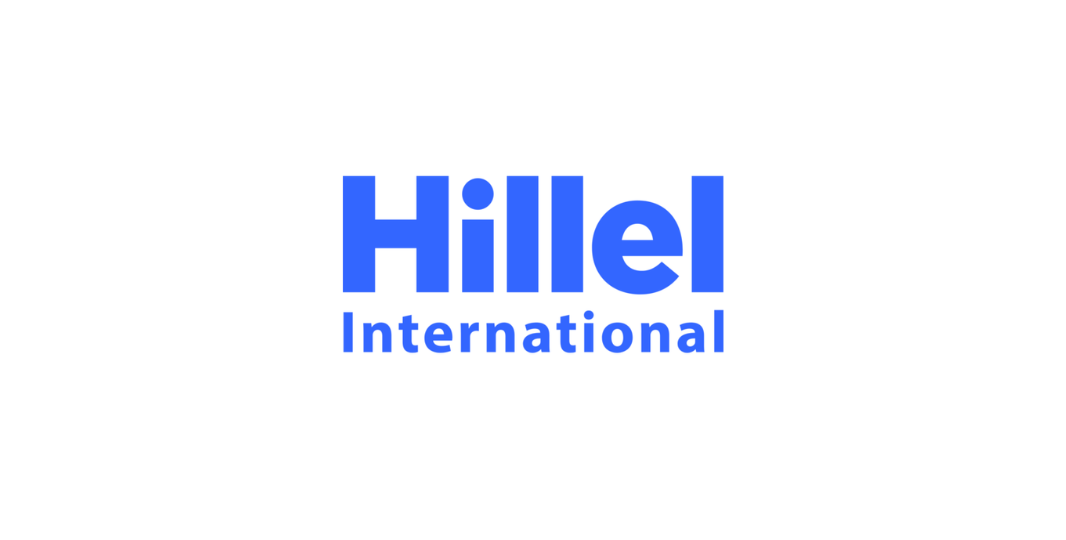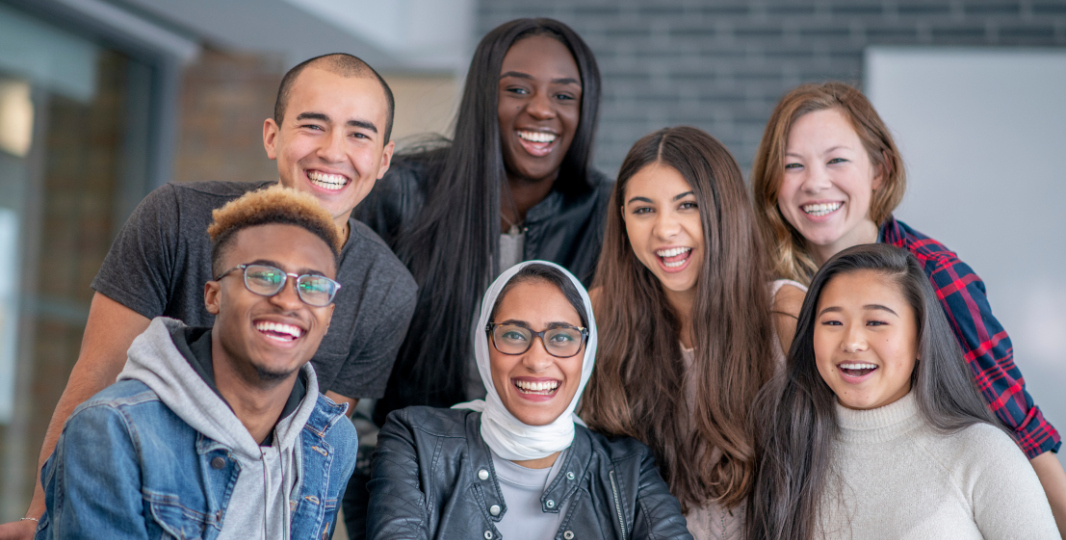As tensions and division across lines of religious difference have increased in the U.S., interfaith leadership and dialogue have become essential to peacemaking and civic engagement. Colleges and universities provide a unique environment where religiously diverse groups of people can gain the experiences and knowledge and build the skills necessary to lead interfaith engagement in their communities as well as their professions.
Since 2019 AVDF has made eight grants totaling just under $2 million to support student members of various campus religious groups in engaging productively with students from other religious traditions on their campus. These cross-tradition activities are now underway on hundreds of U.S. campuses and involve thousands of students.
While interfaith engagement on campus has received increased attention in recent years, these efforts are often led, as with AVDF-funded efforts, by Christian and Jewish organizations that have long histories and established infrastructures on college campuses in the United States. Muslim students often do not experience the same level of support on campus and do not have access to the same opportunities to lead in interfaith spaces.
To create opportunities for Muslim students to take leadership roles in such work, the Interfaith Institute at Augsburg University is launching a project that will support the development of Muslim student led cross-tradition engagement activities on 20 campuses in the upper Midwest.
The AVDF-funded project will be led by the El-Hibri endowed chair and executive director of Augsburg’s Interfaith Institute, Dr. Najeeba Syeed, a faculty member in the department of religion and a veteran interfaith organizer. Dr. Syeed has been a professor, expert practitioner, and public speaker for the last two decades in the fields of conflict resolution, interfaith studies, mediation, education, deliberative democracy; and social, gender, and racial equity.
The project will take place over a two-year period in three phases. During the first six to nine months, the team will conduct a landscape analysis of college-recognized Muslim student groups on campuses in three states: Minnesota, Illinois, and Michigan. From this analysis the team will identify campuses that are well positioned to carry out Muslim-led projects that will meaningfully engage one or more campus groups from other traditions on that campus. This will include opportunities to learn about each other’s traditions and to engage in some significant cross-group partnerships.
In the second phase the team will issue a request for proposals to the identified campus groups, intake funding requests, and announce 20 award decisions with a maximum award amount of $5,000.
The third phase will take place during the academic year 2025-2026. During that time, the team will work with awardee groups to provide interfaith training, to coach awardees through their projects, and to provide peer learning opportunities throughout the year.
The project will also include substantial peer learning opportunities so that students can see and hear what has been working well, or not so well, on other campuses. Research strongly suggests that students are more receptive to messages that come from their peers, and a peer learning model emphasizes equal participation and encourages leadership among the cohort campuses.
“Muslim students are eager to play a lead role in curating interfaith engagement and building relationships across lines of religious difference on their campuses. Dr. Syeed brings a keen awareness of Muslim religious campus life coupled with extensive experience in interfaith work,” reported AVDF President Michael Murray. “This project will create sustainable, replicable models for Muslim led interfaith engagement on campus that other Muslim students and groups can adapt to their campus setting,” continued Murray.
The project will launch in the fall of 2024.
Back to all Stories


